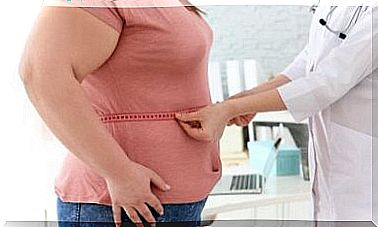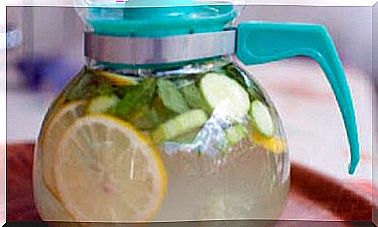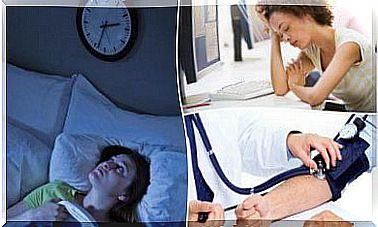What Happens If You Overdose On Vitamin D?
An overdose of vitamin D can only result from incorrect dosage of food supplements and vitamin D preparations.

An overdose of vitamin D has exactly the opposite effect on your bones of what causes vitamin D in the correct dosage. The popular principle “a lot helps a lot” unfortunately does not apply here at all. Learn this and other interesting facts about vitamin D!
How does a vitamin D overdose occur?
An overdose of vitamin D can basically only result from incorrect dosing of dietary supplements and vitamin D preparations, because our body normally generates the vitamin itself as soon as we are exposed to sunlight.
As far as the bones are concerned, the motto “a lot helps a lot” with vitamin D should not be assumed, because an overdose of vitamin D does not lead to particularly strong bones, but to the leaching of calcium from the bone substance and thus to osteoporosis.
The calcium released from the bones then accumulates in the body on the soft tissues and can thus impair the function of many important organs such as the heart, lungs, muscles, tendons and blood vessels.
This can also lead to kidney problems, such as calcification of the kidneys or the formation of kidney stones. In the long term, overdosing can also lead to renal insufficiency.

Symptoms of a vitamin D overdose
The symptoms of an overdose of vitamin D are partly similar to those of poisoning, but are partly non-specific.
Nonetheless, if you have the following symptoms, you should keep a possible vitamin D overdose in mind:
- constipation
- stomach pain
- Vomit
- Loss of appetite
- Weight loss
- high blood pressure
- Psychoses
- a headache
- Muscle and tendon pain
Please take these possible symptoms of vitamin D overdose seriously as they can lead to death in the long term! So vitamins are not always useful!
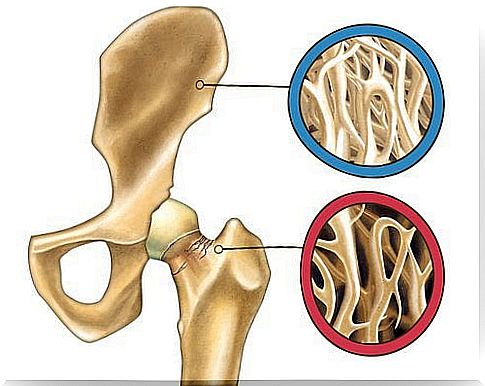
What do you need vitamin D for?
Surely you have already been asked by the doctor whether you would like to have your vitamin D level checked in your blood. But do you actually know what you need the vitamin for?
Roughly simplified, you can remember that this vitamin acts as an installation aid to fix calcium in the bones, among other things. It is also important for:
- Strong muscles and
- Stable bones
Calcium effervescent tablets from the supermarket are therefore absolutely pointless as long as they are not combined with the “vitamin D installation aid”. You can also do this in the form of tablets, or simply with the help of the sun!
It is still being researched whether and to what extent vitamin D is also important to support certain functions of the cardiovascular system or to protect us from cancer.
In any case, one thing is certain: it doesn’t work without it! But be careful, as you already know, too much is also dangerous!

Where is vitamin D in?
The assumption that you can only meet your vitamin requirements with the right diet is fundamentally incorrect. Because your body can produce enough vitamin D if you only provide it with the sun. And it’s free.
Strictly speaking, it is about the UV-B radiation from which our body produces the vitamin.
How long you have to be in the sun for this depends on your skin color and the latitude in which you are.
Of course, the weather as well as the time of year and time also play a role. As a rough rule, 25 minutes is enough in the months of March to October, when the sun hits at least a quarter of the skin’s surface.
You can achieve this if, for example, you enjoy the sun with short pants / skirt and T-shirt.
Can’t you do that every day? First of all, do not worry, because you can get 10 to 20% of the vitamin D you need from food. Because it is fat-soluble, it is found in particular in fatty sea fish, liver, egg yolks and also in some mushrooms.
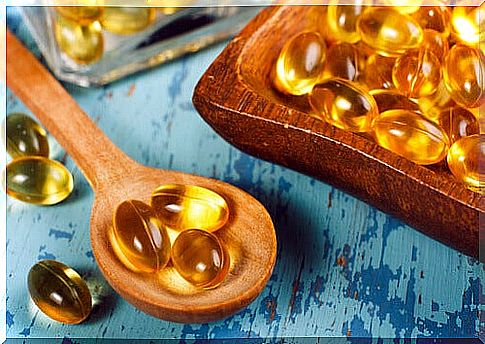
Do we need pills?
Now that you know what the consequences of a vitamin D overdose are, you may be a little more critical of supplements.
So before you take tablets that contain vitamin D, think about it better and talk to your doctor first about how useful it is.
Check with your doctor to see what your supply of sun vitamin looks like with a blood test. The body can store a certain amount of it, but if you are a staunch couch potato and hardly ever spend time outdoors, the probability is high that you are not adequately supplied with this important vitamin.
Some foods, such as dairy products and margarine, already contain vitamin D in order to supply the population with sufficient vitamin D. There are discussions about adding vitamin D to other foods.



